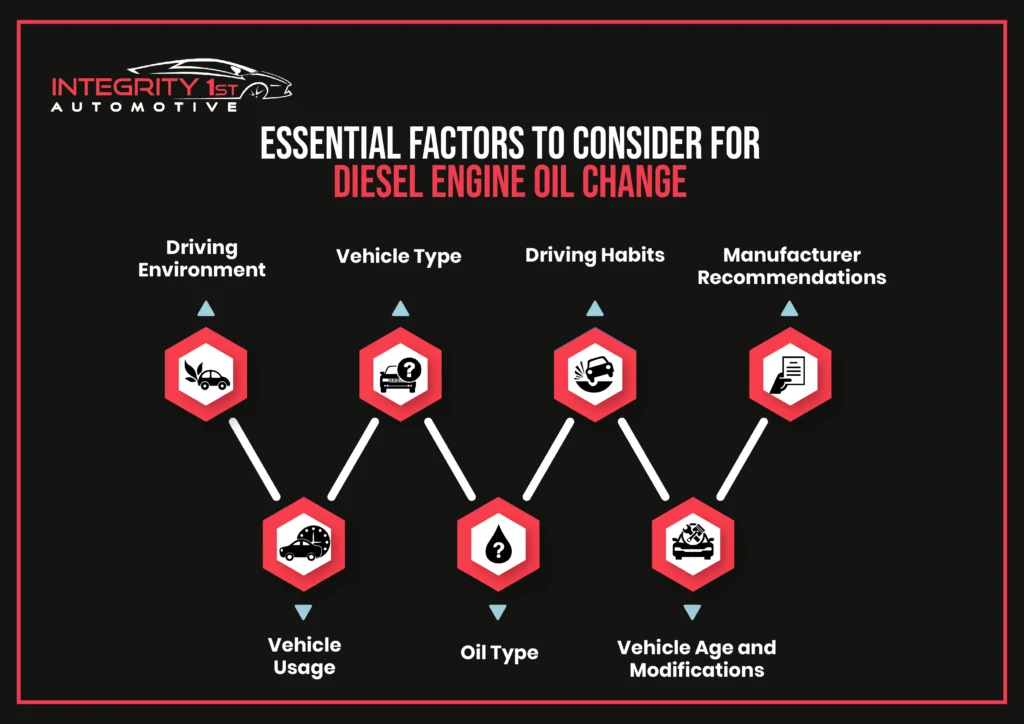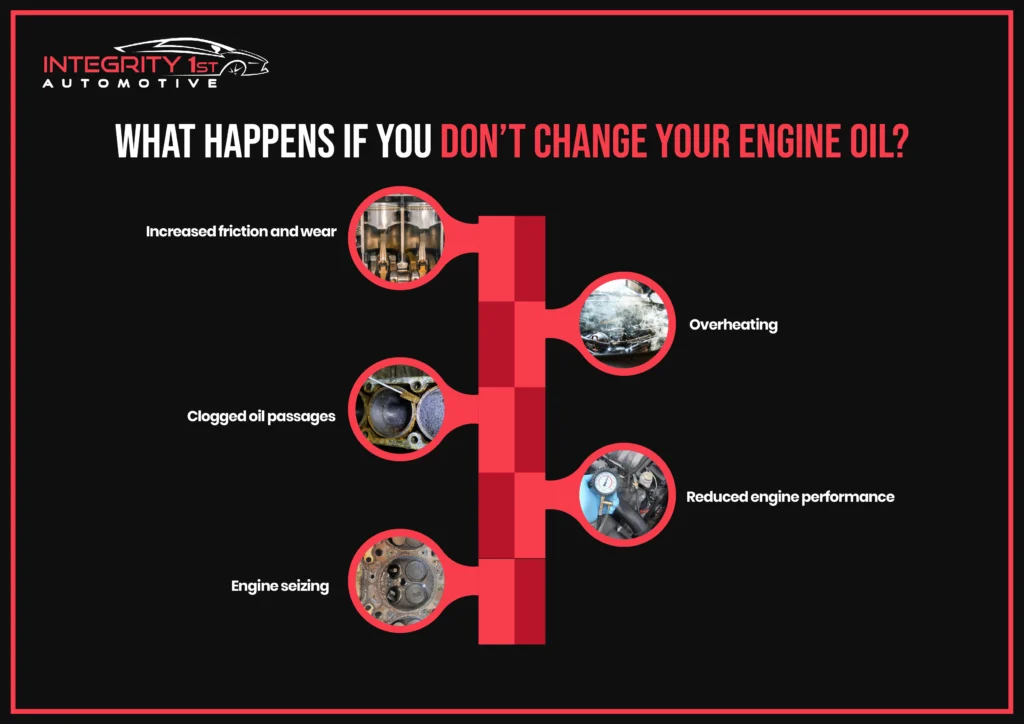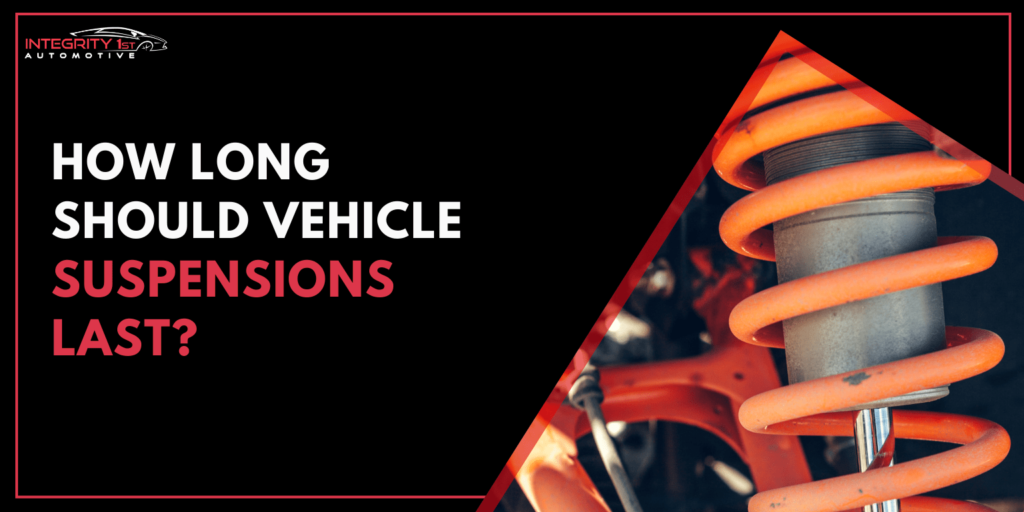If you’re wondering “how often to change diesel oil,” this article is for you.
The age-old question of diesel oil change intervals has confused many vehicle owners over the years. The advice from manuals, mechanics, and online forums usually conflicts, leading you to get lost in the oil change maze.
In this article, we’ll discuss the factors influencing optimal oil change intervals, highlight the benefits of using professional services over DIY, and provide practical guidance tailored to various driving conditions and vehicle types.
Whether you’re a seasoned driver or a newbie, this article will help you determine the right diesel oil change interval to keep your engine running smoothly and efficiently.
Stay with us!
Diesel Engine Oil Change Frequency And Essential Factors To Consider
The answer to “How often do you change oil in a diesel” is highly subjective and depends on various factors. However, a general guideline is to change the diesel oil every 3,000 to 10,000 miles or as recommended by your user’s manual.
Some of the factors that influence the frequency of an oil change are:

Driving Environment
When we talk about the driving environment, we’re normally discussing three scenarios:
- City driving with the frequency of stop-and-go traffic and idling. This usually leads to increased engine wear and tear and oil degradation. Therefore, city driving conditions may require frequent diesel oil changes typically every 3,000 to 5,000 miles.
- Highway driving with extended periods of steady-state cruising. In such a scenario, there is less stress on the engine, and oil and oil changes can be spaced out to 5,000 to 7,500 miles.
Off-road driving in harsh conditions with dust, debris, and other pollutants can accelerate oil contamination. Therefore, it may require more frequent diesel engine oil changes typically every 3,000 to 5,000 miles.
Vehicle Usage
If you’re commuting daily with short trips, it results in incomplete combustion and moisture buildup in the engine oil. Therefore, it’s recommended to schedule oil changes every 5,000 to 7,500 miles.
Similarly, if you drive occasionally, it’s still recommended to change the oil annually or every 5,000 miles.
However, if you’re towing, hauling, or performing frequent high-load operations, it may put unnecessary stress on the engine and oil. Therefore, you may require more frequent oil changes, every 3,000 miles to 5,000 miles.
Vehicle Type
The vehicle type also plays an important role in oil change intervals. If you have a light-duty truck, it has less demanding engine conditions and can tolerate longer oil change intervals—around 5,000 miles to 7,500 miles.
While heavy-duty trucks have increased engine stress and load capacity that may require frequent oil changes—every 3,000 miles to 5,000 miles.
Oil Type
There are three popular types of engine oils and all of them require different oil change intervals.
- Conventional oils are low-quality oils that degrade faster and require more frequent changes—typically around 3,000 to 5,000 miles.
- Synthetic blend oils have improved performance and longer life as compared to conventional oil types—typically around 5,000 to 7,500 miles.
- Full synthetic oils are premium quality with more protection and longevity. Hence, the oil change intervals are extended to 7,500 to 10,000 miles or even longer.
Driving Habits
The way you drive influences the oil change intervals. If you’re an aggressive driver with frequent hard acceleration, high RPMs, and heavy braking, it can accelerate oil degradation. Therefore, you may require oil changes, typically every 3,000 to 5,000 miles.
While moderate driving style with balanced acceleration and braking, results in longer oil change intervals, typically around 5,000 to 7,500 miles.
However, if you’re a conservative driver with gentle acceleration and braking, there’s much less stress on the engine and oil, resulting in extended oil change intervals typically around 7,500 to 10,000 miles.
Vehicle Age and Modifications
Older vehicles are prone to more wear and tear, leading to increased metal particles in the oil. As a result, more frequent oil changes are required. Similarly, modified vehicles can increase engine stress and oil temperature which requires more frequent oil changes, typically every 3,000 to 5,000 miles.
Manufacturer Recommendations
If you’re still unsure of the diesel engine oil change intervals, it’s always recommended to consult your owner’s manual based on your vehicle’s model, make, engine, and intended use.
What Happens If You Don’t Change Your Engine Oil?
If you don’t change your engine oil as per the recommended oil change intervals, you may experience:

- Increased friction and wear
- Overheating
- Clogged oil passages
- Reduced engine performance
- Engine seizing
A Step-By-Step Guide to Diesel Oil Change Process
So, you’ve finally decided to get your diesel engine oil changed? Good decision!
Here’s what to expect in the oil change process.
- Park your vehicle on a lift or a ramp to provide easy access to the undercarriage. Make sure the engine is cool to prevent burns.
- Your technician locates the oil drain plug and uses a drain pan to collect the old oil.
- The oil filter is removed and the filter housing is cleaned properly for a new, high-quality oil filter to prevent leaks.
- The recommended amount of fresh, high-quality diesel oil is added slowly to fill the oil pan and lubricate the engine components.
- After adding the oil, check out the oil level using a dipstick and adjust the level as per the manufacturer’s guidelines.
- Start the engine and allow it to idle for a few minutes.
- Inspect for leaks around the drain plug and filter and check the oil pressure gauge to ensure proper circulation.
Diesel Oil Change Cost
The average cost of a diesel oil change depends on where you go and several other factors, including your vehicle condition, make, and model.
It’s without a doubt that a diesel oil change can be more expensive than a standard oil change because diesel fuel and oil are costlier than petroleum. Also, diesel oil changes require specialized tools and equipment, which may increase labor costs.
If you want to spend wisely on diesel oil changes, make use of coupons and discounts that many auto repair shops include Integrity 1st Automotive offers for oil changes. You can also avail of regular service packages that include multiple oil changes at a discounted rate.
Furthermore, you can also save a few bucks with DIY oil changes and maintenance, if you’re comfortable.
DIY vs. Professional Diesel Oil Changes: Which is Right for You?
As mentioned earlier, you can also opt for DIY oil changes and maintenance if you’re comfortable and well-equipped with the right tools and knowledge. However, cost-effective, DIY oil changes have their potential pros and cons.
Pros of DIY Oil Change
- DIY oil changes are cost-effective saving you money
- You have more control over the process
- You can choose your own oil and filter according to your budget and accessibility.
Cons of DIY Oil Change
- It’s a time-consuming process that can get super messy with oil spills and drips.
- You can risk engine damage with mistakes and incorrect procedures
- You can miss potential engine issues, including leaks or worn components during a DIY oil change
However, if you choose professional oil change services, you get:
- Trained technicians to identify and address potential issues
- Quick and efficient services
- High-quality oil and filter options
- Complete peace of mind knowing your vehicle is in professional hands
If you’re looking for professional oil changes near you, Integrity 1st Automotive offers a range of services to keep your diesel engine running smoothly.
You can get:
- Full oil changes to replace your old oil and filter with high-quality replacements.
- Thorough inspections of your engine to identify potential engine issues.
- Regular filter replacements to maintain optimal engine performance
FAQs
1. How often does a diesel engine need its oil changed?
The frequency of your oil change depends on many factors, including driving conditions, oil type, and manufacturer’s recommendations.
On average, diesel engines require oil changes every 5,000 to 10,000 miles.
2. Can I change my oil?
Yes, you can. However, it’s not recommended to change your own diesel oil because you need the right knowledge and tools.
3. What does healthy oil look like?
Healthy engine oil is amber in color with a slight oily smell and it feels smoother to the touch.
4. What is the best type of diesel engine oil?
The best type of engine oil depends on your vehicle’s specific requirements and driving conditions. On average, high-quality synthetic oil is recommended for superior performance and longevity.
5. What if I want to go the longest distance between diesel engine oil changes?
To maximize the time between oil changes, use high-quality synthetic oil and avoid extreme driving conditions. Also, it’s recommended to check your oil levels using a dipstick to ensure it is always within the recommended range.
6. Why does my truck still say I have XX% life remaining?
Your truck has a computer-based system in the form of an oil life monitor that estimates the remaining life of your oil based on many factors, including oil pressure, driving conditions, and engine temperature.
Therefore, if your truck says you have XX% life remaining, know that it’s just an estimate and follow your vehicle’s recommended oil change interval.




